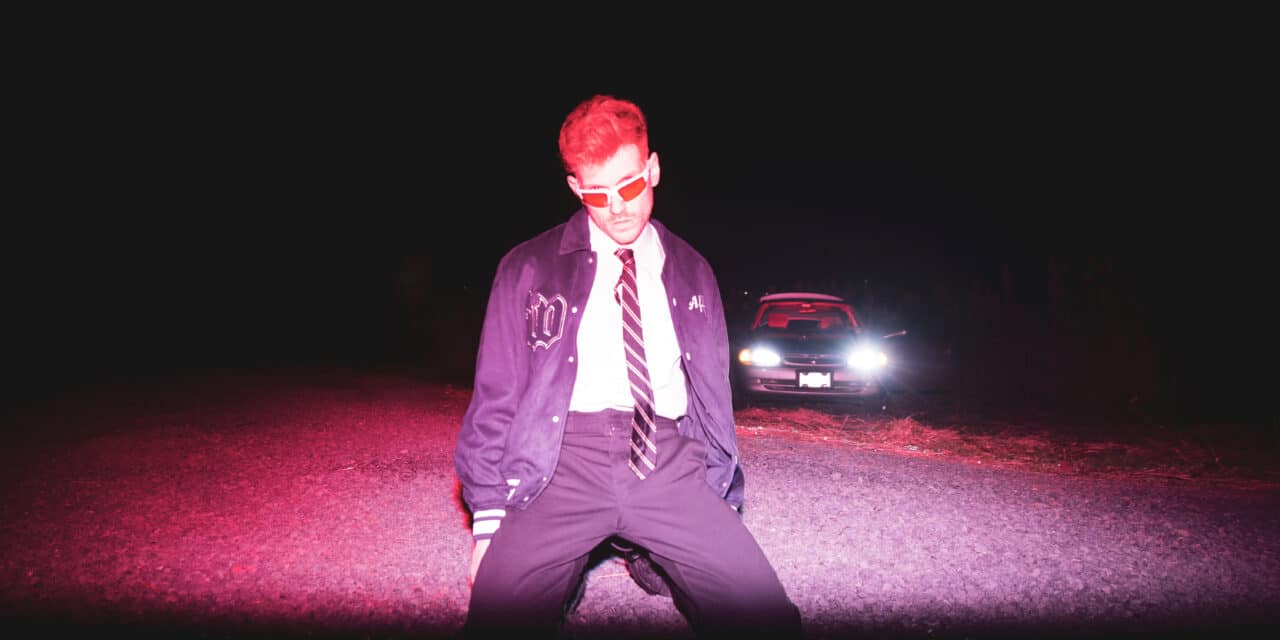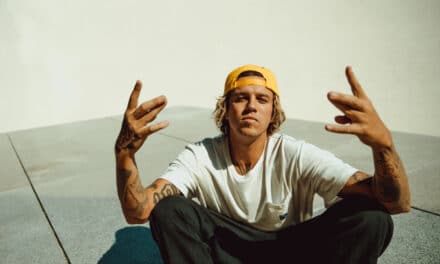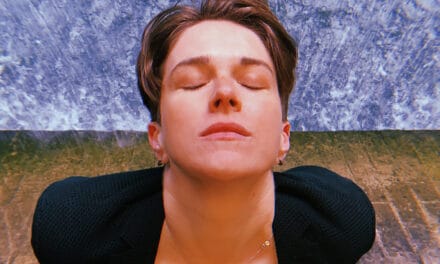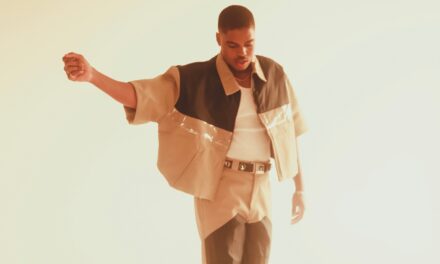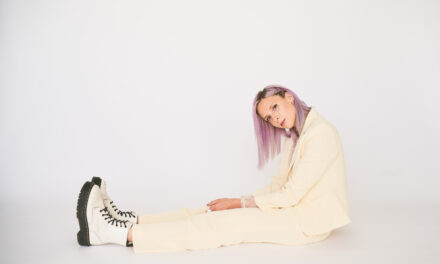Photo by Robert Riese
Gregory Dillon’s genr
Gregorian Chant may not be the first genre that comes to mind for club-goers, but something extraordinary is about to unfold. Designed for the cathedral of pulsating dance floors, Gregory Dillon’s “Burning Kisses” single emerges as an experimental masterpiece, electrifying audiences with its unexpected debut. With throbbing techno synths and a breathy, almost ritualistic refrain, Dillon’s latest single is a transcendent experience—blurring the lines between the sacred and the sensual. This rising luminary in the electronic dance scene, already known for several major-label hits, has clearly been honing his craft, creating a sound that is as enigmatic as it is euphoric.
What made you want to write a club anthem with Gregorian chant?
There was this brief window in the 90s where everyone was into Gregorian chants set to techno music, and honestly, I was so into it. As a 90s kid, I was all about that vibe, even though everyone else was listening to top 40. And when I wasn’t in front of a stereo, I’d literally be running around the woods like the medieval main character, singing chants to myself. Yeah, I was that kid.
Fast forward to now, and all that weird loneliness I felt back then really came full circle. As a closeted gay kid in Catholic school, there was something about Gregorian monks that I strangely related to—like, we were both in this isolated space, wrestling with big, spiritual stuff. So when I got the chance to bring that energy into a techno song, it felt like I was fulfilling this wild, sexual religious prophecy. There’s something so freeing about slamming these chants into a club track. It’s like turning all that tension into liberation.
When did you come up with the idea, and was it based on a specific event or experience?
I was in the studio with the ‘pope’ of producers, Arthur Bensa, and casually mentioned that I’d composed some Gregorian chant in college. He immediately told me to hop on the mic and sing some, and the second I did—no joke—our chairs started levitating, a holy light broke through the windows, and a white dove flew by and winked at us. Okay, not literally, but it felt that magical, haha. Arthur literally got chills, and that’s when we knew we had something special.
But it wasn’t just about the sound—it was about letting myself feel all this anger and frustration with God. I’ve spent so much time pouring faith and hard work into my music, and yet there’s this pain and confusion that comes with it. Like, why does something so profound hurt so much?
That’s where the first line of the chorus came from—“praise to the damned, if I’m damned then I’m gonna dance.” I’ve been spending a lot of time at these underground Brooklyn warehouse parties, which honestly feel like a midnight mass for misfits. There’s such a spiritual energy there, and I realized this song was as much for that underground scene as it was for me.
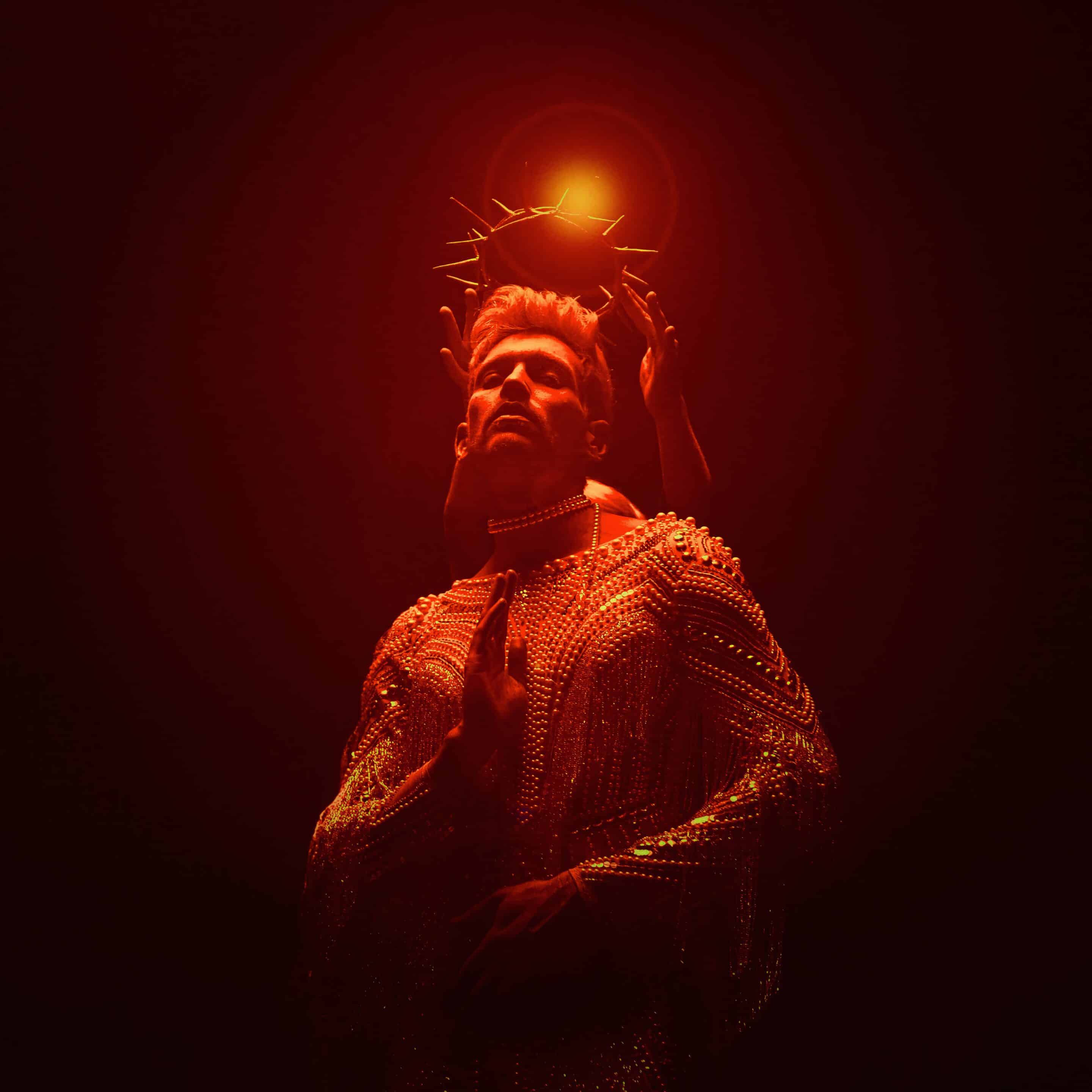
What’s the main message in the song?
And the Lord said, “Damn.” Or maybe the Lord saves gay techno music. Honestly, that’s kind of the vibe I was going for. But really, the song is about sacrifice. It’s not just a feel-good anthem for healing—it’s about leaning into the pain, embracing the struggle, and recognizing that all this devotion, all this confusion, can turn into something divine. I’ve spent a lot of time wrestling with the idea of where all this faith and hard work goes, especially when it hurts, but I think that’s the point.
It’s not about finding easy answers; it’s about turning that struggle into something bigger than you. I wanted to bring together two worlds—like, Lord Saves meets gay techno music—and show that even when it’s messy and complicated, there’s a kind of beauty in it. That tension is what makes it powerful.
What is your relationship with tradition and religion?
I used to make fun of my mom a lot growing up because she’d paint angels everywhere. I was always so embarrassed when friends would come over and see her in the middle of covering a new wall. But looking back, it makes me realize how much I was surrounded by these religious symbols, even if I didn’t really appreciate or understand them at the time.
What’s become really profound for me is watching her lose her own faith this past year while struggling with her mental health. She was always someone I saw as having this unique relationship with the universe, and seeing her go through that was terrifying. It wasn’t just that I was struggling with my career—I was also losing my mom in a way, and it felt like she’d lost her faith, too. It made me turn inward, and I started questioning everything, like I didn’t have any certainty about what was going on anymore.
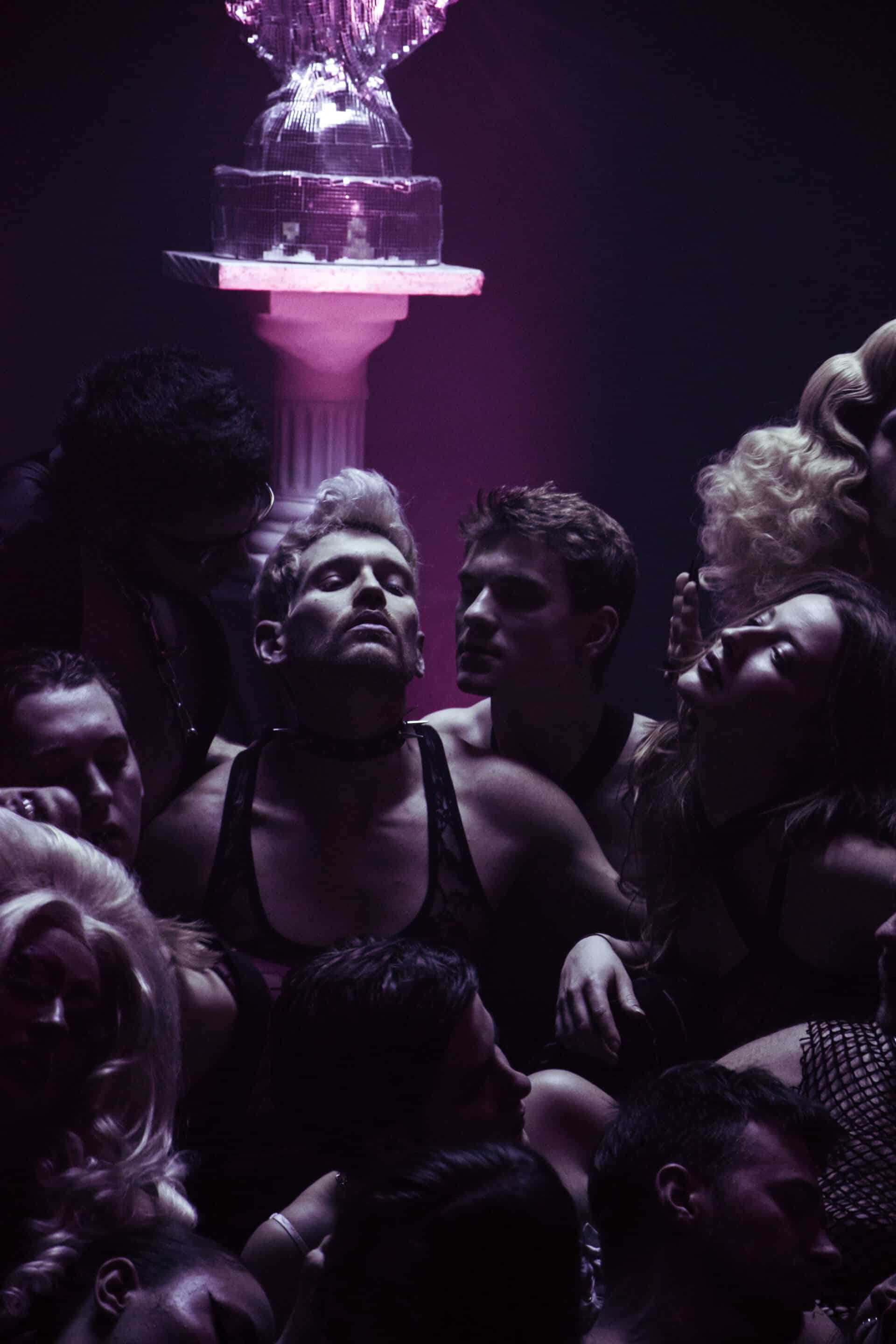
The religious iconography that I grew up surrounded by became really confusing. Part of me was still hoping it could save my situation, but another part of me felt like maybe it was all just one big joke. That’s the tension I try to explore in my music—this push and pull between faith and doubt, devotion and rebellion.
What inspires your aesthetics and visuals specifically in this music video?
I’m pretty sure the Vatican has flagged my Amazon account at this point with the number of monk robes I ordered for this video, haha. But seriously, I was really excited to film in Poland, especially in Warsaw, because there’s such a strong gothic influence there. The architecture just has this dark, medieval vibe that was perfect for the visuals I had in mind. I originally wanted to shoot in a cathedral, but let’s just say it’s not the easiest thing to get a church on board with a techno music video, so I had to do a lot of searching.
The gothic feel, combined with this haunting, almost surreal aesthetic, really helps bring out the themes of the song. It’s a blend of darkness and divinity, and I wanted the visuals to reflect that tension, pulling from the past while creating something fresh and modern.
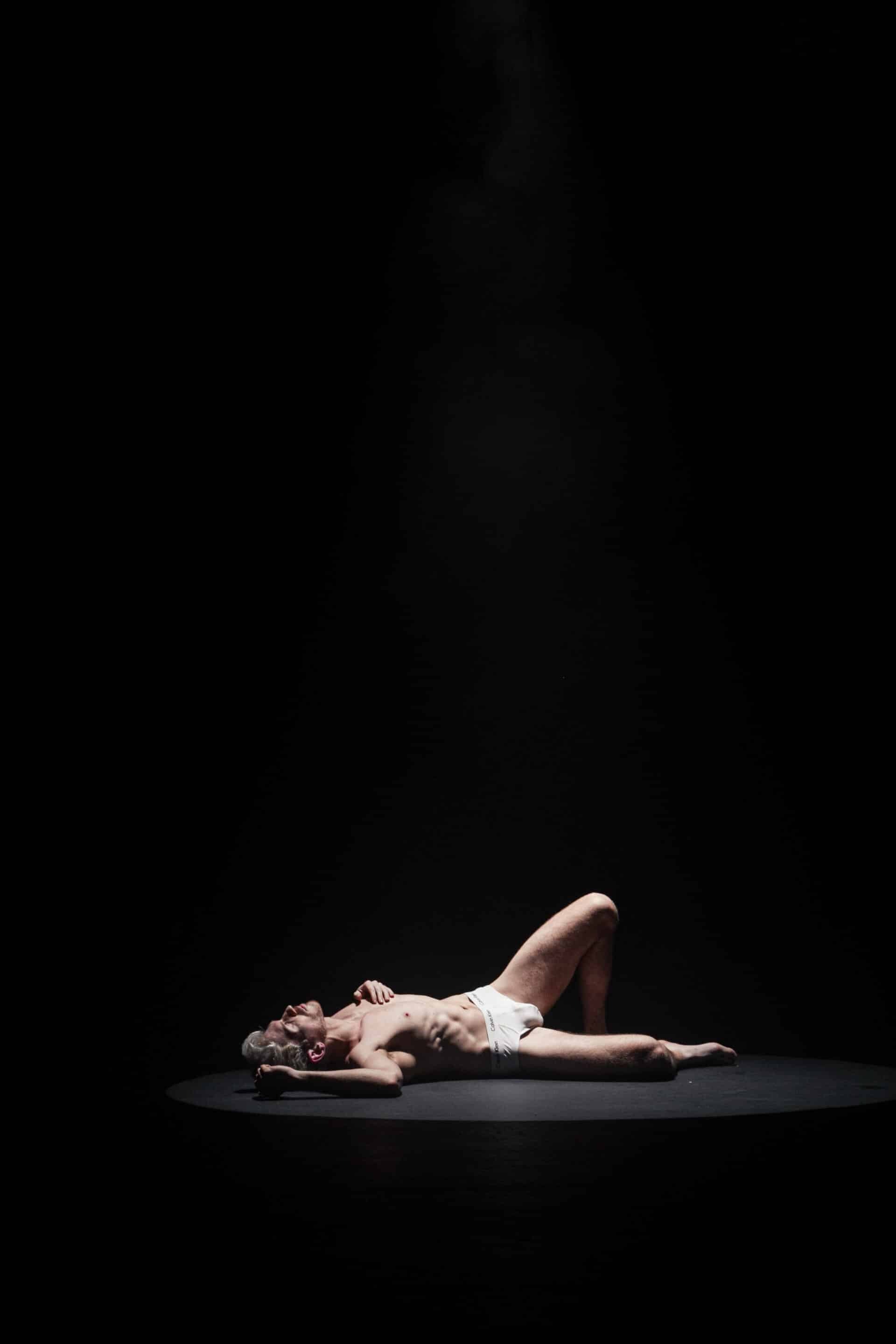
What other genres and sounds do you like or plan to experiment with?
I always wanted to be a Gregorian monk, but I didn’t get the chance, so here we are with occult Catholic dungeon techno music instead. Not sure if it’s gonna strike a chord with my fans just yet, but I’ve definitely got more in me to explore down that road. I think combining some of my past experiences—like my love for classical music and film scoring—could open up a whole new world for me. It’s something I’ve been toying with, and figuring out how to merge those skills with what I’m doing now is exciting.
Right now, the album I’m working on is this weird blend of three very different genres, but it just feels right. Plus, I’ve got some extra cuts in the works that dig deeper into the dark gothic dance music I’m loving, so we’ll see what happens!
How has your life and artistic perspective changed after your collision?
It’s tough staying vulnerable about this, but the collision and everything that followed—especially with my mom being so sick at the same time—really changed me. It forced me to leave the city and, honestly, I still haven’t found my way out of suburbia. There’s this almost prophetic feeling like heaven hates me, and yet I don’t have a clear answer on whether that car crash was meant to help me or hurt me. As we get closer to releasing this album, I’m honestly afraid that there was no meaning in any of it at all.
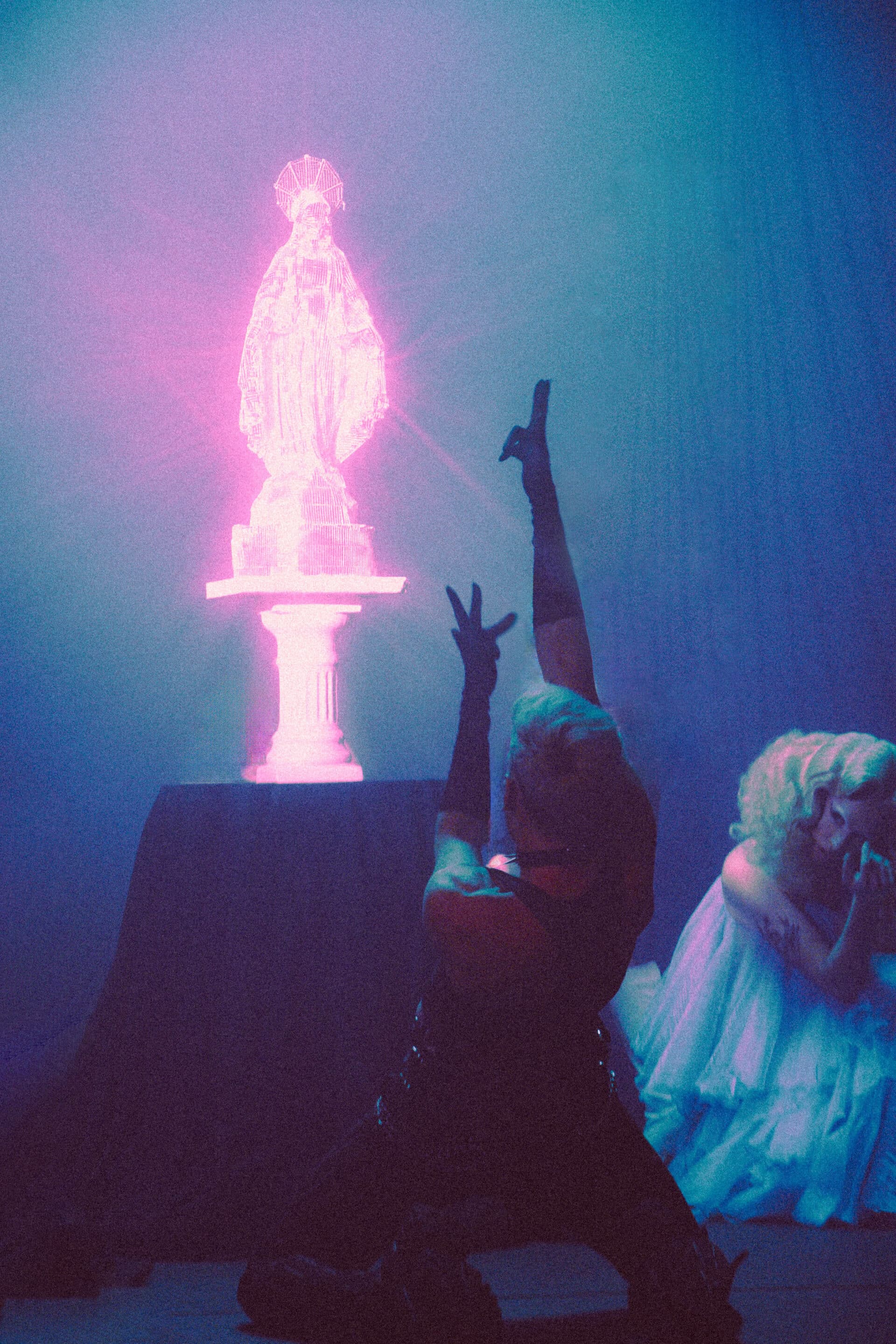
I keep thinking, what if I’m just some kid who’s always going to be working catering gigs, bartending, running Instacart deliveries—while all I really want is for this music to be the key to something bigger? It’s like I’m hoping for this access to heaven or the universe’s flow, but there’s this fear in me, the closer we get, that maybe I’m just not supposed to look. It’s this constant push and pull between wanting to believe there’s a purpose to all of this and fearing that maybe there isn’t.
What is your goal as a person and artist now?
Honestly, part of me just wants to find some abandoned gothic cathedral in the middle of the woods and throw medieval techno raves every weekend, haha. But really, I’m super excited for everyone to hear my first album. It’s something I came into believing in myself much later in life, and I still don’t know if I’m fully confident about it. But at the same time, I feel like my whole life has been leading up to this moment, and that’s a pretty amazing feeling—to check off something so important on my list.
As a person, I’m not sure how this will change me. Who knows, maybe this will be the only album I ever put out—it’s tough out here in this industry. I just hope I can find a way to keep connecting with my fans and keep going. I see so many of them out there supporting me, and it gives me hope that maybe this won’t be the end, but just the beginning.

